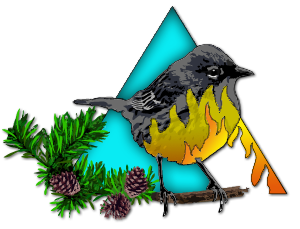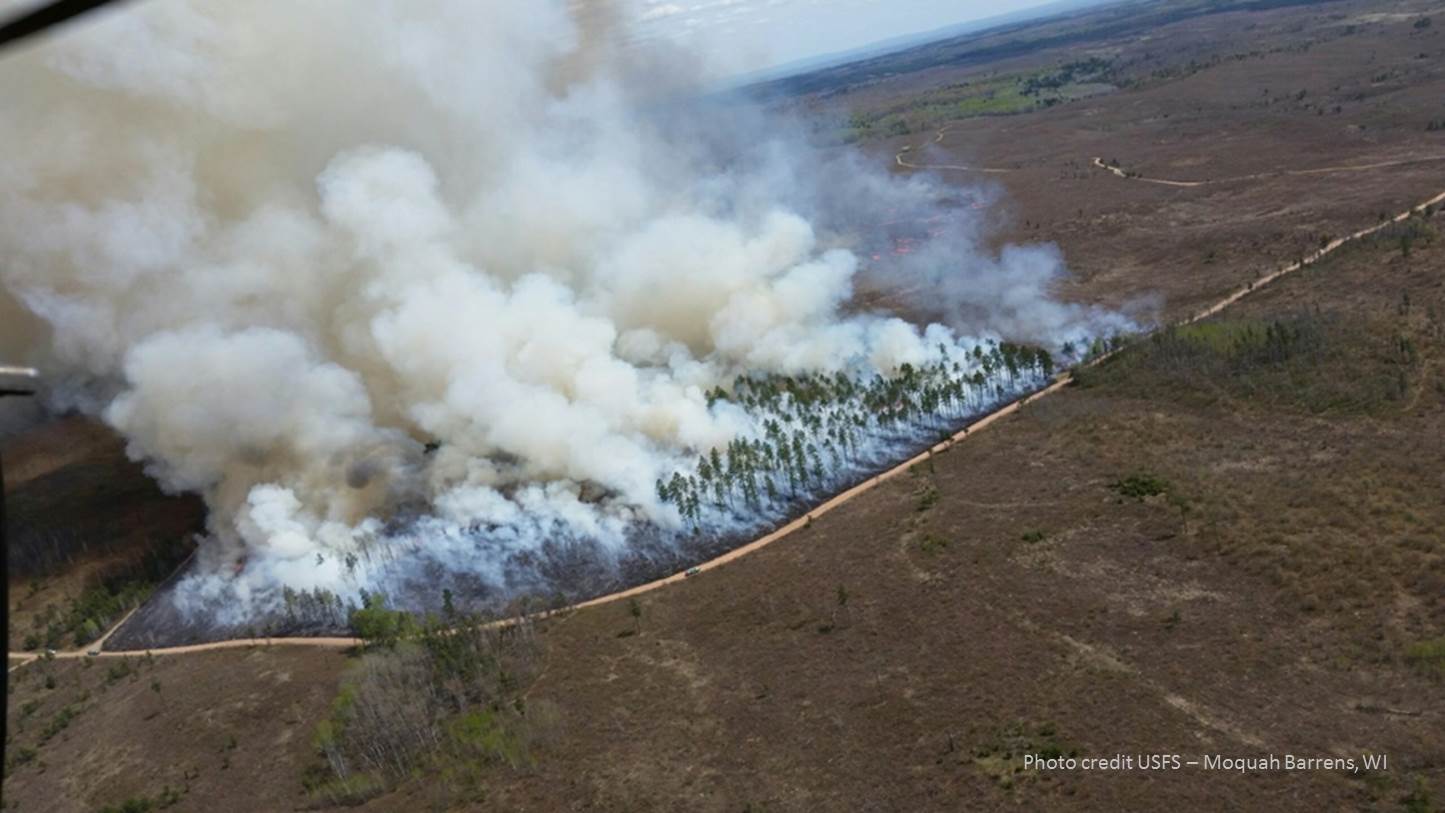Navigation

Upcoming Events
There are no events planned.
2016-2017 Webinar Series
Restoration of fire-dependent pine barren ecosystems in northern Wisconsin – Bridging the gap between research and management practices.
Thursday, November 17, 2016 at 2 PM Eastern /1 PM Central
Brian Sturtevant, Christel Kern, and Deahn Donner
USDA Forest Service, Northern Research Station
bsturtevant@fs.fed.us, cckern@fs.fed.us
Fire-dependent communities are declining worldwide due to fire suppression and land development, reducing biodiversity. Open pine barren and savannah ecosystems (‘pine barrens’ hereafter) are a classic example of fire-dependent ecosystem that has been affected adversely by decades of fire suppression. Specifically, the loss of fire-adapted forbs and grasses reduce plant diversity and habitat for co-evolved wildlife and, paired with high tree density, represent altered, hazardous fuel loads. However, there is little published information on management approaches for restoring fire dynamics and resultant structure and composition in these systems, despite the social and ecological importance of these forests in the Great Lakes. Our work aims to provide site-based knowledge to regional managers interested in restoring these ecosystems. In 2016, with the help of LSFSC interns, we collected seedbank samples and vegetation data from unmanaged areas to provide pretreatment and reference information for upcoming prescribed burning and mechanical treatments. This webinar highlights two internship experiences and provides general information about the two study areas that hosted the interns.
MP4 Video
YouTube Recording Link
PDF of Presentation
- To Test your computer internet connection and compatibility with adobe connect, click here and follow the prompts.
- You will need to use the speaker output from your computer, so make sure you know how to control your speaker volume and attach external speakers for better performance. We will prompt you to type questions in the chat box throughout the session.

.png)
